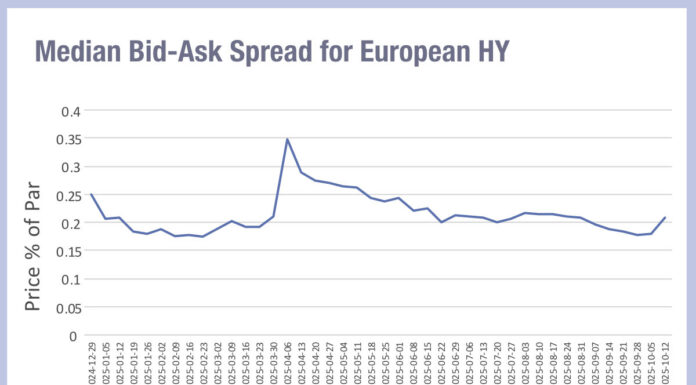By Pia Hecher.
The Financial Conduct Authority (FCA) has reported concern around cost-disclosures by asset managers, and following a ‘Call for Input’ (CfI), also detected concerns among respondents about the scope of products and unintended effects of compliance with requirements for Packaged Retail and Insurance-based Investment Products Regulation (PRIIPs).
Starting in January 2018, the Markets in Financial Instruments Directive (MiFID II) and PRIIPS ushered in new disclosure requirements on charges and costs that motivated FCA’s inquiry.
“The problem is that in the run up to MiFID II and PRIIPs, too many financial institutions adopted a ‘do whatever it takes regardless of the cost’ approach just to keep the prying eye of the regulators away. With both rules requiring overlapping sets of data, firms need to clean up the information silos scattered across the business, and consolidate their approach,” Alex Dorfmann, director of Product Management, SIX commented.
FCA’s review on disclosure of costs detected problems with how some asset managers calculate transaction costs as well as how they communicate associated costs and charges. FCA noted that where full cost disclosures were made, inconsistencies existed between different documents and websites, making it difficult for customers to understand information.
Moreover, FCA found that in cases where consumers try to undertake research themselves, the information provided does not give a fair and transparent insight into the costs of investing in financial products. FCA recommended that asset managers comply with relevant requirements and make sure that their cost disclosures are clear and fair.

In response to this, Peter Rippon, CEO at OpenGamma, stated, “Collating the vast swarms of data required to enable full disclosure of costs was never going to be a piece of cake. Though the FCA is right to call out any inaccurate calculations and data inconsistencies, addressing the problem is easier said than done for any asset manager trading complex derivatives.”
“The problem is that reporting the cost of trading less liquid, over the counter (OTC) derivatives is a much bigger challenge than reporting on a simple cash equity. There is simply not enough price information available to easily work out a fair mid-price. Trying to get a handle on these previously hidden costs is what makes disclosing fees to the level required such a headache,” he added.
Based on a CfI on the PRIIPs regulation, FCA discovered concerns among respondents about the scope of products that have to comply with PRIIPs, such as corporate bonds. In addition, it found that the Summary Risk Indicator (SRI) delivered lower risk ratings than expected in cases where the reference or underlying asset is illiquid.
CfI respondents were also worried that the present methodology for presenting performance scenarios produced misleading illustrations among most asset classes, in particular regarding scenarios for alternative investment funds and investment trust companies.
In addition, FCA identified that poor application of the PRIIPs methodology caused unrepresentative transaction costs in KIDs. Some KIDs showed negative, zero or very high transaction costs which inaccurately represent a product’s true transaction cost. FCA suspects this could be the result of poor application of the methodology by firms.
FCA also reviewed how retail intermediaries such as wealth managers, direct-to-consumer platforms and advisory firms disclose costs to customers. While firms were aware of the rules and their responsibilities to disclose costs and charges to customers, they interpreted the rules irregularly, impeding like-for-like comparisons of costs and charges.
©Markets Media Europe 2025












